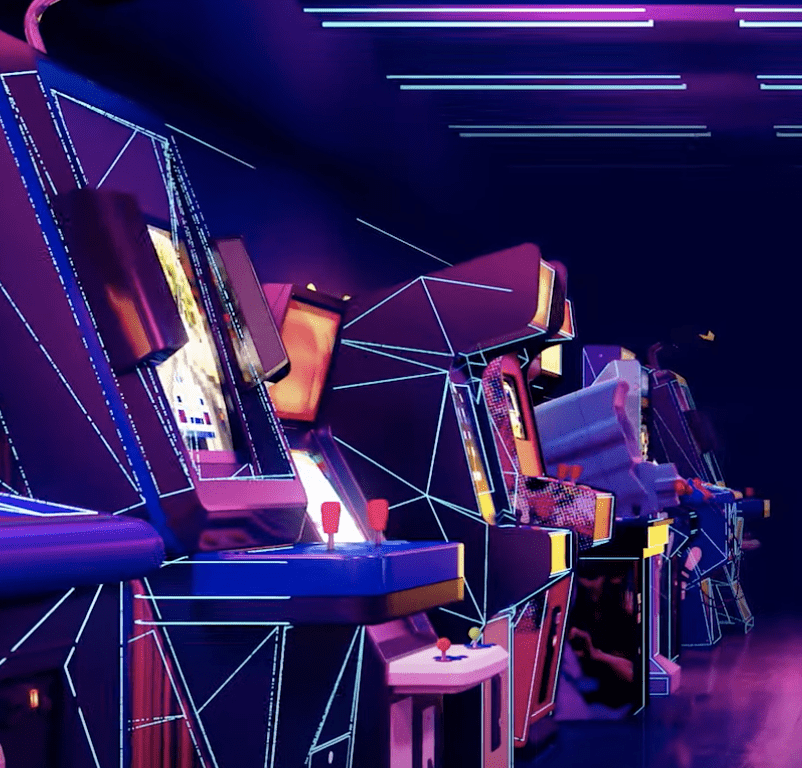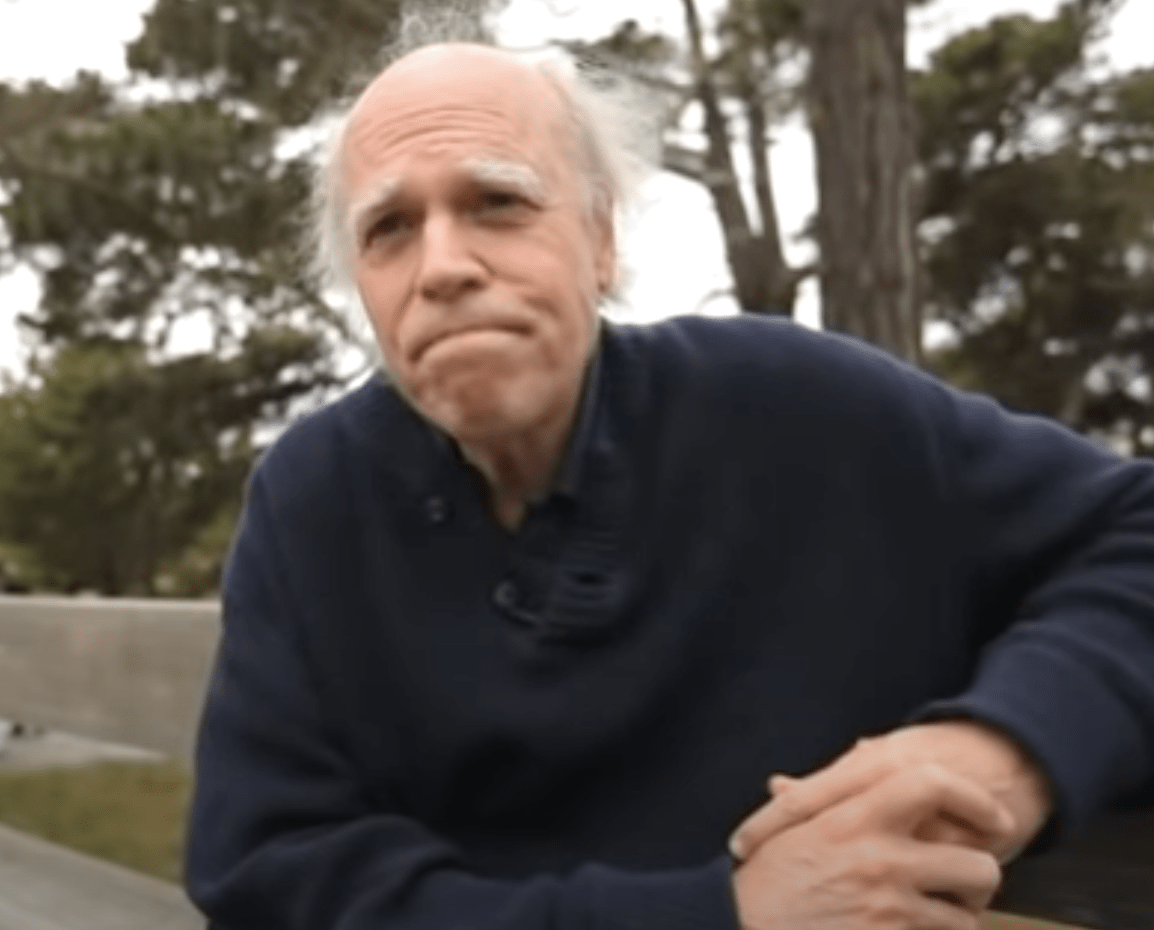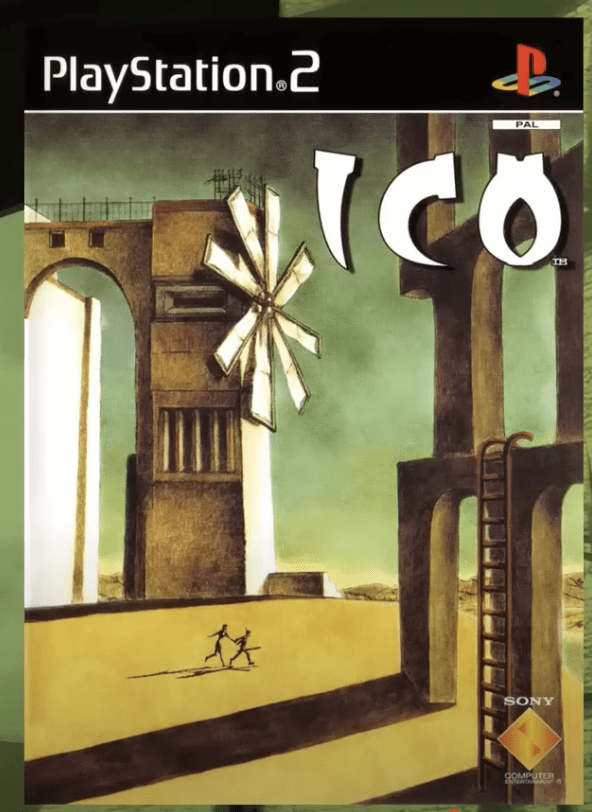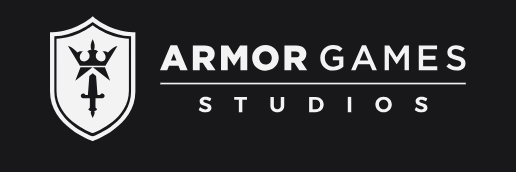Learning Literacy - Game Analysis & Digital Domains
EN111 - COMP 2








After posting, we'll discuss & share at our tables...

3 types of identities
- Virtual Identity: Controlling a "virtual" character, their decisions and actions via the virtual world. (e.g. James Paul Gee as Bead-Bead the Half-Elf)
- Real World Identity: The identity of the player as non-virtual, essentially the players bring their background, beliefs, and decision making to the gameplay. (e.g. James Paul Gee as a professor, linguist, former Cathloic)
-Projective Identity: projecting one's real-world values/desires onto the virtual character; two merging identities.
Gee "Playing with Identity" and "Meaning"


"A game like Arcanum is powerfully caught up in the act of playing with identities; However all deep learning (active, critical learning) is caught up with identity, learning domains and engaging with their affinity group" (54).
Psychosocial moratorium - a learning space in which the learner can take risks where real-world consequences are lowered. After all, you can save the game and start back at the save point when you fail (59).
Games involve:
- Action/Interaction - Playing with identities -entering an affinity group
-Time/effort commitment - Learning new environments
Major Takeaways from Gee
Arcanum (ch.3)
What role does your identity and background play on the characters you may create? How do users change their identity online?
Deus Ex (ch. 4)
Decision making has consequences for the game and the player. Why do people learn hard and complex things?
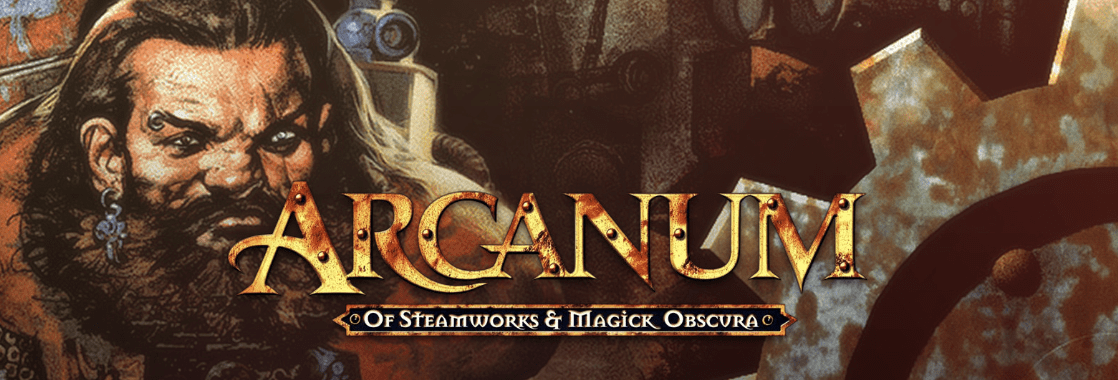
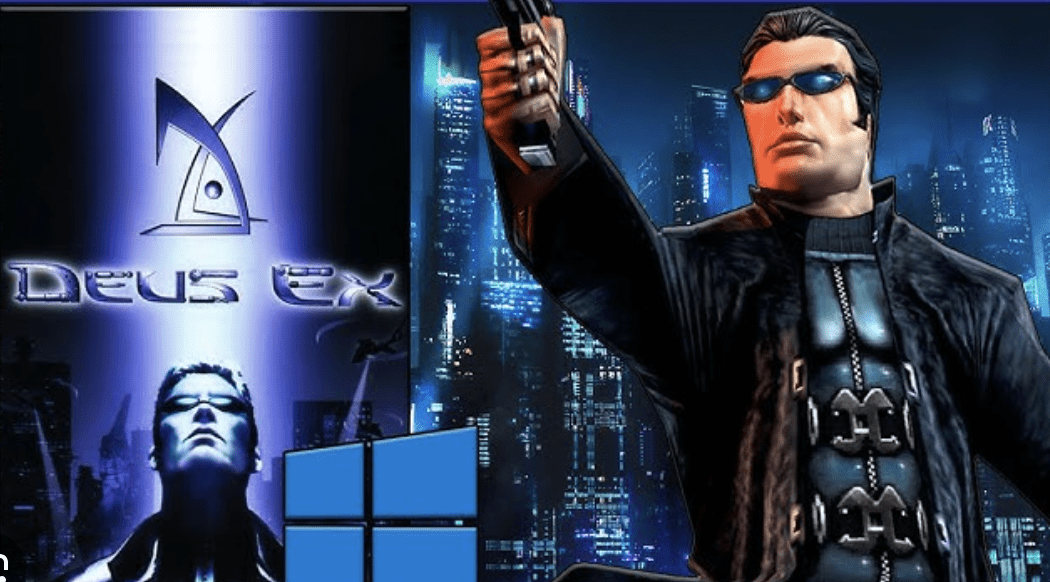
What determines what games and media we are interested in? What are patterns of learning in games/media?
Psychology of Games
We will practice today in our Canvas assignment responding to core questions we should be answering in our first essay, the Twin Essay #1: Gaming and Media Experiences. What are crucial ways you will explore ideas of forming identity, media literacy and learning a new platform? How will you show how an affinity group works? What signs and special language are important for the game/media you are discussing?
In-Class Week 4:Drafting CORE questions


"If people are successful learners in the domain, they will be valued and accepted by others committed to that domain-the affinity group associated with the domain" (Gee 54).
- What would you do to gain entry to a new affinity group? What skills would you need to show knowledge within the group?
"It is my contention that active, critical learning in any domain should lead to learners becoming, in a sense, designers" (Gee 96)
- What would you design to show your skills or interest in a topic, game, or media space?
Are you a learner or designer?
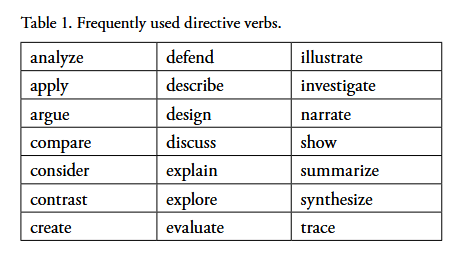
What are you doing for your writing for the Twin Essay #1?
Hinton, Corrine. (2010). So you've got a writing assignment, now what? Writing Spaces, 1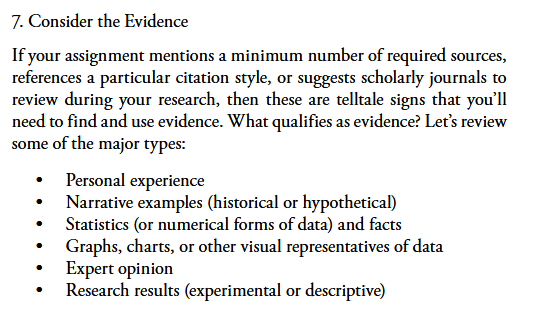
Hinton, Corrine. (2010). So you've got a writing assignment, now what? Writing Spaces, 1What are you including in your 1st draft?
What thesis (central) statement will be in your 1st draft?
- The game that best demonstrates literacy skills is... and in
these ways...
- There are lessons to be learned about design, multimodal
space, and literacy because of__________.
- The gaming community of ____________ consists of new
experiences, social practices of the group, and resources they
use, which I have been a part of.
- By understanding the concept of _________ people will have a
better knowledge and awareness of...
- Within this paper, the main claims I will discuss are 1, 2, 3, so
that....
- What quotes from our Week 1-4 readings would be important to bring into your draft about literacy, research, games, and media?
- What's an interesting screenshot/image that captures the semiotic domain, personality of the affinity group, or shows "active" learning is going on?
- How is success or achievements calculated within your game, app/platform, or content creator? Can you show this?
In-Class Drafting Thread
We will get with our groups later in class to discuss our topics and share what to expect for drafting response day.

How are you writing about your gaming skills & experiences? What are your online social media practices; how did they start? What can we learn about interacting with these digital/popular cultures?
Welcome to Twin Essay Response Session!



Feedback Type 2: The Content
- Do they have a thesis (main point) about their game/media experience?
- Do they have specific details in paragraphs?
- Is personal experience & ideas easy to follow?
- Do they reference ideas in "quotes" (source) from game, media, or reading?
- Defining Game or Media Literacy
- Primary Research Methods
-
Gee's Concepts: Active Learning, Semiotic Domains, Affinity Groups, Virtual Identities
- Lee et al. Video Game User Appeals
- Lowood & Guins Gaming Terms
- Web-articles on games, culture, and identity
- Game or Media descriptions, features, and material.
Feedback Type 1
Feedback Type 1: The Writing
Highlight Discussion
After reading and providing written comments to your group members, take turns in your group giving your insights:
-
Give your group what your main 3 goals for this game/media experience
-
Share the following with your partners:
-
What I liked about your topic was...
-
What I think you could do more of is...
-

After commenting on drafts and discussing in groups, respond in the following thread:
- What do I feel confident about in the draft?
- What could use more work based on feedback and my ideas so far?
- What is a class concept that could work better being applied and connected to my topic?
- Along with personal experience, what might an interview response, survey results, a live observation help with in your draft?
- What kinds of image, terms, or other examples might show my literacy with this game/media?
Final Interaction Discussion Post
Gee "On Games and Testing"
How does learning something new challenge us? How do we show literacy or mastery interacting with our media?
Gee's Terms (Ch.1-2)
- Multimodal Texts
- Semiotic Domains (learning signs in designed spaces)
- "Problem of Content"
- *Active Learning*
- Experiencing the world in new ways
- New Affiliations
- Prep for future learning
- Affinity Groups
- Design Grammars
Lee et al. Research
- Narrative
- Challenge
- Sensation
- Fellowship
- Nostalgia
- Fantasy
- Exploration
- Mood
- Depth
- Creativity/Innovation
- Expression
- Accomplishment
- Competition
- Submission
- Mastery
- Learning
16 Video Game User Appeals
- Pajama Sam
- The New Adventures of Time Machine
- Deus Ex
- World of WarCraft
- Pokemon & Yu-Gi-Oh
- Mortal Kombat, Doom,
- Quake, Castle Wolfenstein
- SimCity & Civilization
Gee's Examples
"Active learning" is knowing how something works but thinking critically about how a community interacts, circulates resources, and builds on their knowledge. Look up one of Gee's examples online and answer the question: How does someone learn this content? What skills are necessary developing skills in this interactive domain? Apply active learning to YOU! (Respond in Chat feature.)
- Pikmin
- Grand Theft Auto
- Elder Scrolls
- Metal Gear Solid
- Tony Hawk Pro Skater



Dr. Smothers' Example
"...the player must figure out the rule system (patterns) that constitutes the simulation (the rules that the simulation follows thanks to how it's designed). The Player must discover what is possible and impossible (and in what ways) within the simulation, in order to solve problems and carry out goals" (Gee 199).
- "The content of video games , when they are played actively and critically, is something like this: They situate meaning in a multimodal space through embodied experiences to solve problems and reflect on the intricacies of the design of imagined worlds, and real and imagined social relationships in the modern world" (Gee 40-41).
- "...language is not the only important communication system. Images, symbols, graphs, diagrams, artifacts, and many other visual symbols are significant, more so today than ever" (Gee 17).
- "The problem of content is, I believe, based on common attitudes about schooling, learning, and knowledge... Important knowledge is gained in school while entertainment just falls under "meaningless play" (Gee 22).
Memorable Quotes
Individually, decide how you want to respond to ONE of the tasks connected to a definition or concept from one of our James Paul Gee readings or Lee et al. Reading. How do you apply yourself to the concepts we've encountered this week? Are you drawing from past/current experience? Or, what new ideas could these terms help you explore within gaming/media culture?
In-Class Week 3: Gaming Analysis
Working With Gee and Lee et al.
We will partner up next class session to discuss what task and examples we selected. Leave a comment in this assignment what you discussed with a partner as being important takeaways about games & learning.
Gee writes, "Literacy requires more than just being able to decode (words or images for instance)... we need to focus on not just "codes" or "representations", but the domains in which these codes are used" (18). Semiotics means knowing what "signs" are and how they work (e.g. gestures, slang, specialized words, cues, types of images/sounds) . Contribute examples of "signs" in the discussion thread In-Class Week 3 - Practice Examples with Semiotics.
Give examples of "signs" "symbols" "codes" used for meaning:
- A Specific Class (can be from high school or college)
- A Specific Sport
- A specific game/app
After posting, share with a partner what the most important signs/codes you listed might be connected to a task, sport, or game.
Practicing Examples with Semiotics
Bonus Examples: Learning through online spaces (semiotics, actions, goals)
There are many great examples of sites dedicated to gamer and fan culture which shows how computer coders, programmers, and independent artists build communities online. Check out some early examples from the mid-2000's era with Newgrounds and Armor Games Studios (click below)
- What is a new experience you or the group had to learn?
- What are the social practices of the group who use/consume the game/media?
- What resources does the online group use?
- What are the actions and goals of the participants?
- How does the game, media, content creator, or influencer make a difference to the community or understanding about the content?
Preparing to write on experiences in game/media culture...
Research Assistant A.I. - How can I find both popular and scholarly studies? What can I find through a basic search versus a more database-like experience?
We'll spotlight Research A.I. today for our forum!
A.I. Friday Forum #3
What will be in your Twin Essay #1?
Consult the Handout Template under our first essay prompt and decide what area of content your going to write about and approach first in your essay. I will come around in class later to see what you've brainstormed in a Word Doc - Try out one of the Thesis Statement Models!


Learning Literacy - Games & Domains
By codys
Learning Literacy - Games & Domains
- 137
